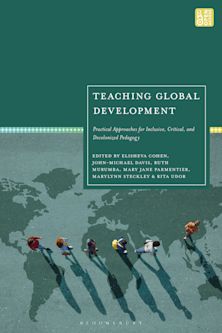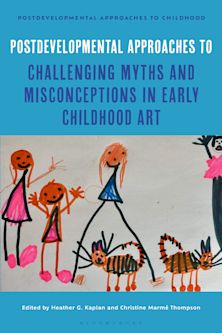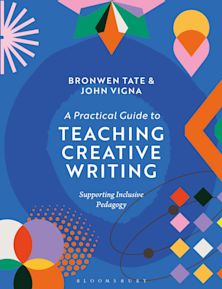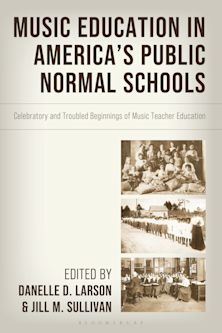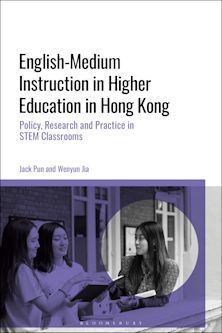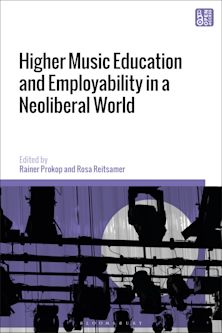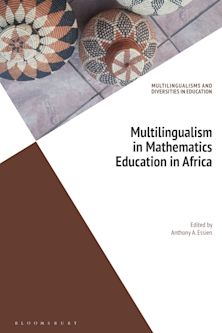- Home
- ACADEMIC
- Education
- Teaching Specific Subjects
- Tell Me a Story
Tell Me a Story
Using Narratives to Break Down Barriers in Composition Courses
Tell Me a Story
Using Narratives to Break Down Barriers in Composition Courses
This product is usually dispatched within 3 days
- Delivery and returns info
-
Free CA delivery on orders $40 or over
You must sign in to add this item to your wishlist. Please sign in or create an account
Description
Stories have great power. This book attempts to harness that power to help students grow and develop as writers. It argues that stories and narratives can be utilized in the composition classroom, specifically first-year composition (FYC) to break down barriers. Throughout a given semester, stories and narratives can help students in composition courses to overcome academic, personal, and creative barriers, establishing a space for developing as writers and thinkers. Providing theoretical approaches, practical methods, and implications for using stories in FYC, this book explores the versatility of stories as teaching tools.
Table of Contents
Introduction: The Role of Stories and Narratives in Composition
Section One: Breaking Barriers
Chapter 1: Breaking the Ice: The Teacher as “Story”
Chapter 2: Using Narratives in First-Year Composition Courses to Allow Students to Confront the Traumatic
Chapter 3: Narratives as Gateways to Reflection
Chapter 4: Narratives as a Catalyst for Research
Chapter 5: As the Semester Ends: The Writing Portfolio as Narrative
Chapter 6: Stories in an Online Environment
Section Two: Implications and Conclusions
Chapter 7: “Why Did You Give Me Such a Bad Grade?”: Providing Constructive Assessment of Narratives
Chapter 8: “Yes, But…”: Establishing a Language Base for Working With Stories
Chapter 9: Implications for New Teacher Training
Bibliography
About the Authors
Index
Product details
| Published | Sep 25 2017 |
|---|---|
| Format | Paperback |
| Edition | 1st |
| Extent | 142 |
| ISBN | 9781475828795 |
| Imprint | Rowman & Littlefield Publishers |
| Dimensions | 230 x 150 mm |
| Publisher | Bloomsbury Publishing |
About the contributors
Reviews
-
Beyond ‘What I Did on My Summer Vacation’ -- finally, a text that makes a convincing case for integrating narrative writing with research and argumentation in English Composition. Fulton, MacBride, and Field firmly root their book in composition and rhetoric scholarship while offering practical, useful teaching tools for FYC instructors. A confessed skeptic on the uses of narrative in English Composition, by the time I finished reading I was coming up with my own ideas for how narrative might be repurposed for argumentative essays. Tell Me a Story is persuasive.
Melinda G. Kramer, professor emerita and English department chair, Prince George's Community College and author of The Prentice Hall Handbook for Writers
-
I tend to shy away from teaching forms of narrative in my first-year composition classes, mainly because the genre has potential for raw, intimate, and even uncomfortable story lines from students. This text dismantled my skepticism by offering practical pedagogy that validates the rich benefits that narratives can offer both teachers and students. Outlined in such a way that it reads like a ‘guide to the semester,’ this text offersactivities from day one in the classroom, to the process of understanding and affirming the narrative genre, to writing narratives, and then to reflecting on the writing process and including the narrative in a writing portfolio. The authors have carefully constructed an activity-based text crafted from tensions, uncertainties, and learned lessons that are relatable and perfect for any instructor who wants or needs guidance through the narrative genre.
Heidi Maria Williams, professor of Rhetoric and Composition, Tennessee State University












